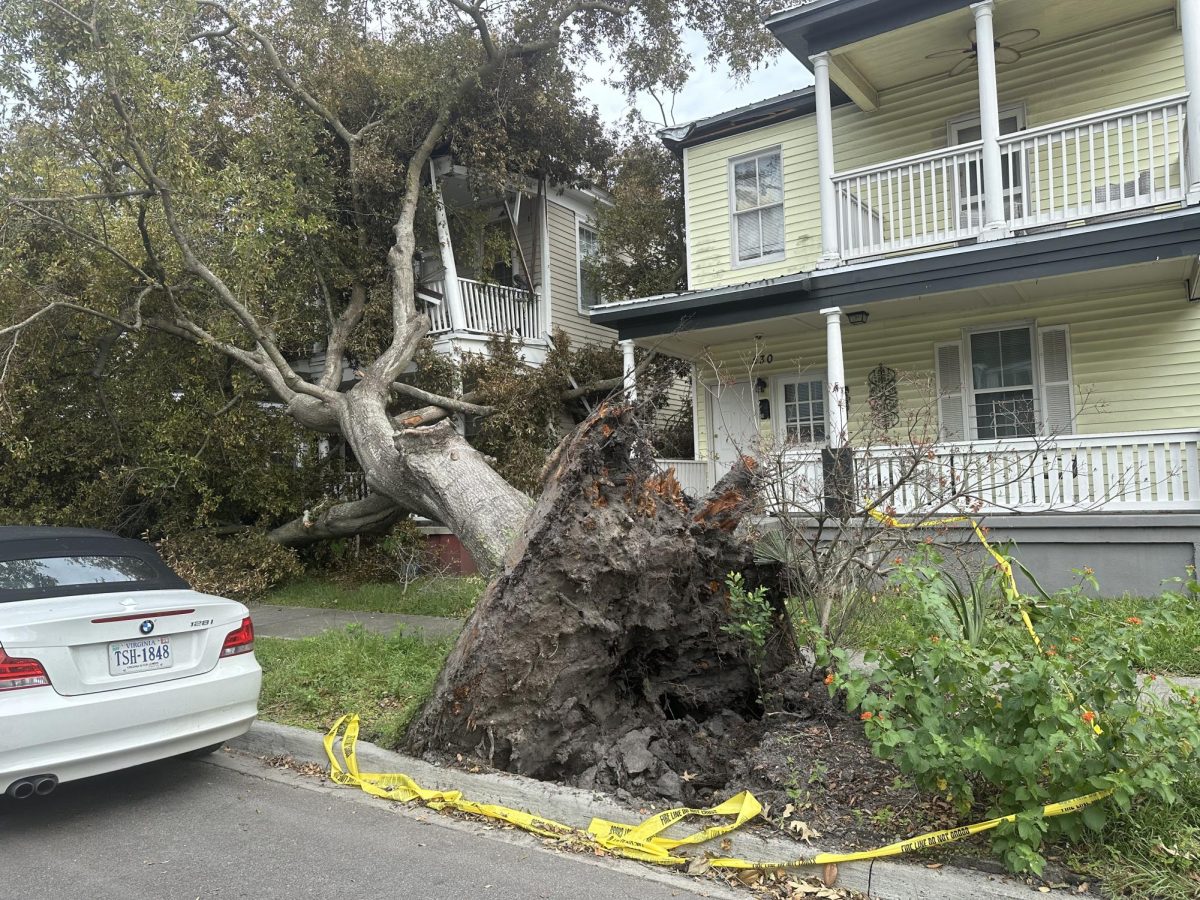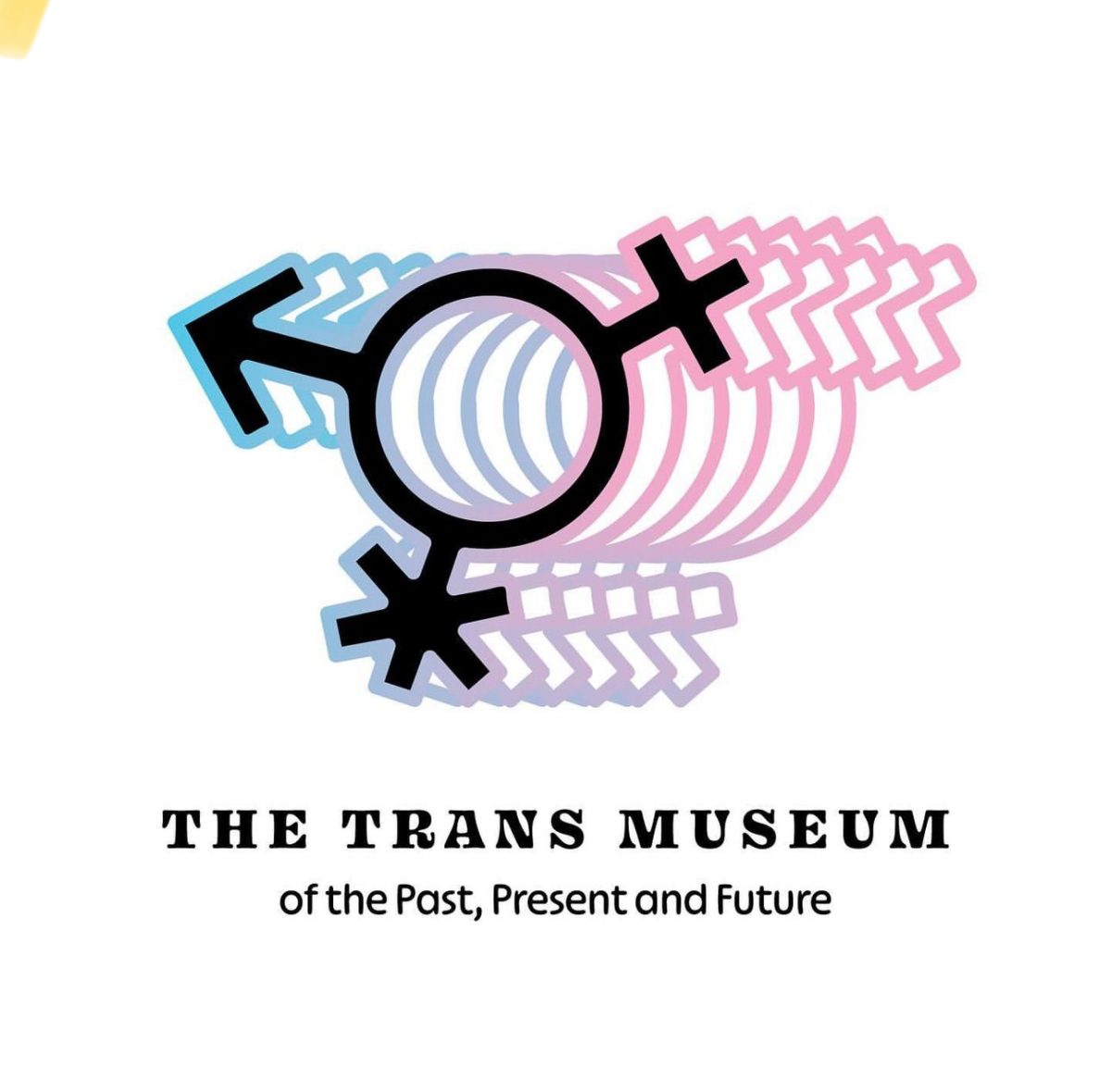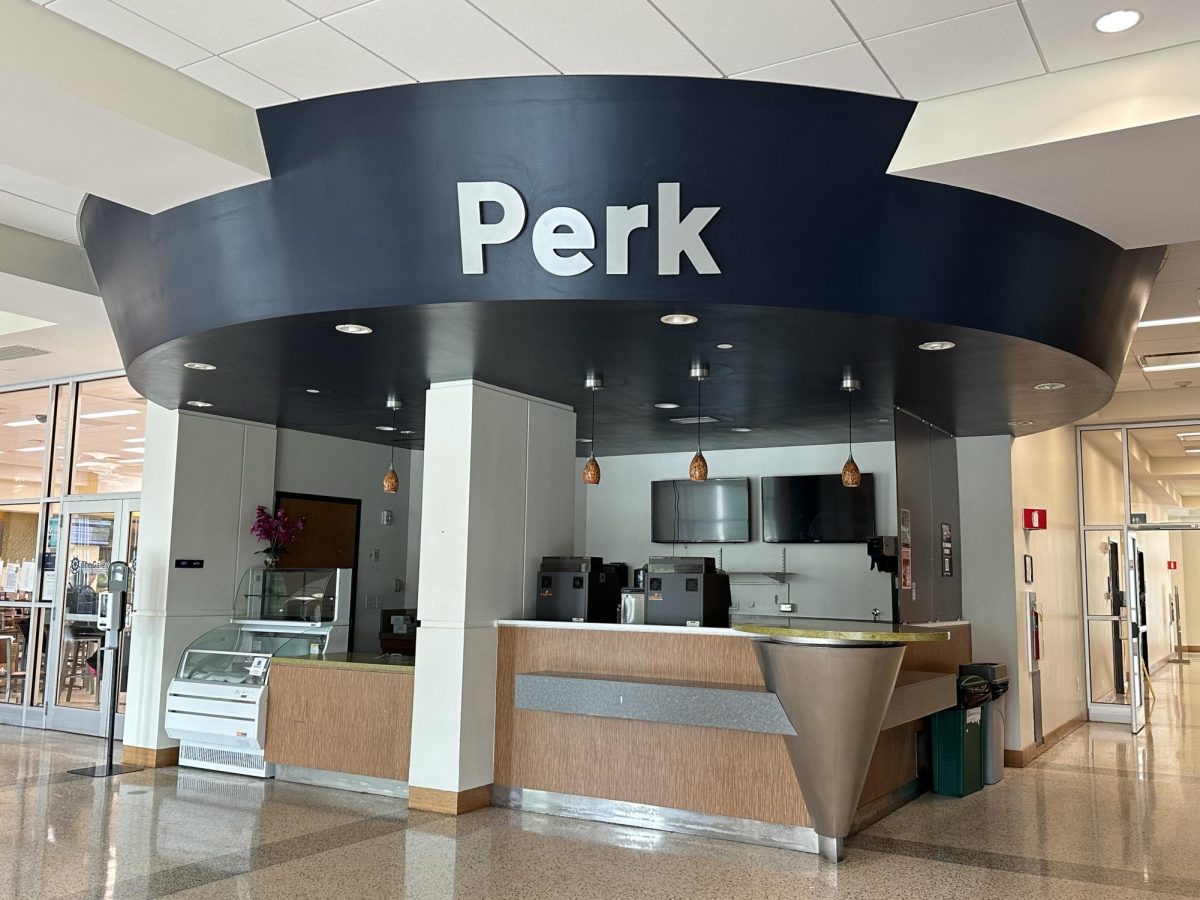Crystal Blum, Staff Writer
The Brothers of the Alpha Pi Chapter of Phi Iota Alpha presented “1 in 5: A Latino HIV Seminar” Nov. 16 in the Ogeechee Theater.
Armstrong guest speakers Dr. Sarah Plaspohl, a Public Health Coordinator interested in community health promotion and primary prevention measures and Dr. Femi Taiwo, a graduate research assistant, focused on helping people living with HIV.
Georgia ranks number 5 in the country for number of people living with HIV and Savannah is second in the state after Atlanta.
According to Taiwo, “. . . probable causes include Savannah being a historical city with lots of tourists, presence of military bases, Georgia ports, plus the fact that Savannah has high LGBTQ populations at a rate higher than national average.”
During the seminar, guests learned about the statistics of Latino and other populations living with HIV, preventative measures, resources and what life can be like for people living with this virus. Education was aimed at Latinos specifically because they are disproportionately affected with the sexually transmitted virus primarily bisexual or gay Latino men and only half of them diagnosed are retained in HIV care.
According to the CDC, Latinos make up a larger percentage of the people living with HIV for many reasons: they tend to have intercourse with people of the same race/ ethnicity; they may not seek help or testing due to a cultural “social stigma and discrimination;” a limited access to healthcare; language barriers and they may be afraid to seek help due to their immigration status.
Taiwo provided information on how Latinos can access help and get tested without fear. He explained that many screenings are free and available at CVS, Walgreens and some shopping malls. No questions about citizenship or language are asked.
Taiwo assured the crowd that everything about screenings is confidential. In special confidentiality cases, screenings can sometimes be done in the security of the person’s home. Taiwo stressed the fact that resources are available to “anybody, regardless of gender, culture, language or sexual orientation.”
Plaspohl added that Armstrong occasionally offers free screenings on campus.
“Armstrong usually has at least one event per semester that offers free HIV screening. The events are often coordinated with the local health department. These events will be communicated via all forms of standard student communications, such as emails, flyers and other forms of campus announcements,” she explained.
It is important to be tested because many people are not aware that they have it. HIV does not always show symptoms immediately and it can sometimes take up to 10 years for any sign of the virus to appear.
In that time span, people can release it to their partners without their knowledge. Therefore, people should have screenings that include the entire STD panel so those afflicted with HIV can get medical care and be certain not to infect their partners.
HIV can be treated now, but only if you know you have it. It no longer has to be a “death sentence.” Modern medicine can help people living with the virus to have healthy lives. With proper medical care and assistance, people with HIV can also give birth to babies without HIV.
Taiwo provided tips on how to prevent an STD: “The surest way to avoid STDs is to not have sex. This means not having vaginal, oral or anal sex. STDs are preventable. There are steps you can take to keep yourself and your partner(s) healthy: using a condom correctly every time you have sex can help you avoid STDs; agree to only have sex with one person who agrees to only have sex with you; make sure you both get tested to know for sure that neither of you has an STD [. . .] if anyone tests positive, getting an STD is not the end. Many STDs are curable and all are treatable – just go to the nearest health department for free treatment.”
“Right information reforms, lack of it deforms,” Taiwo added. “Students need to be equipped with the right information and statistics so they can be that change agent.”
“I have passion for public health. I believe with the right public health policies, we can protect and save more people from infectious and chronic diseases via prevention measures,” Taiwo said.
As a conclusion to the seminar, Taiwo calls on us all to be ambassadors to our family and friends and give them information on HIV and STDs that can save their lives.







